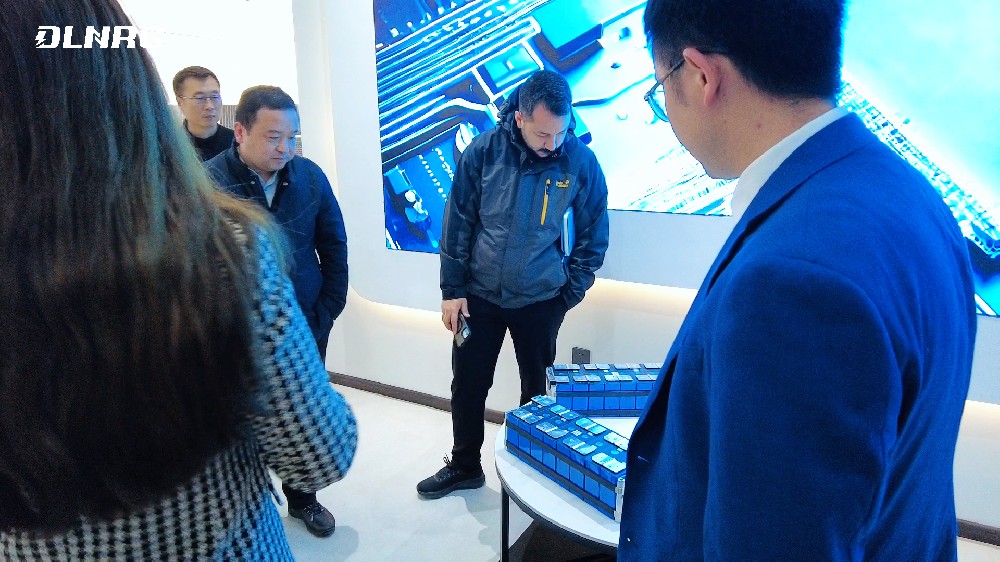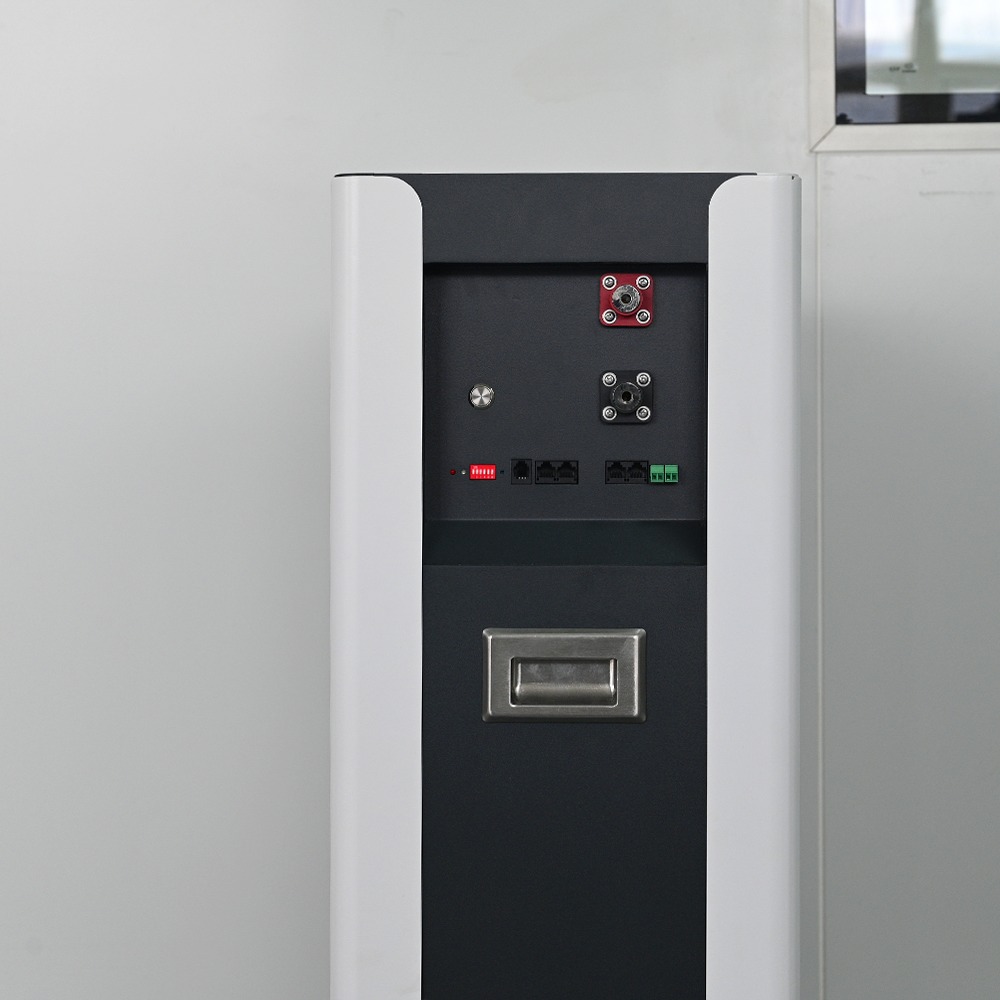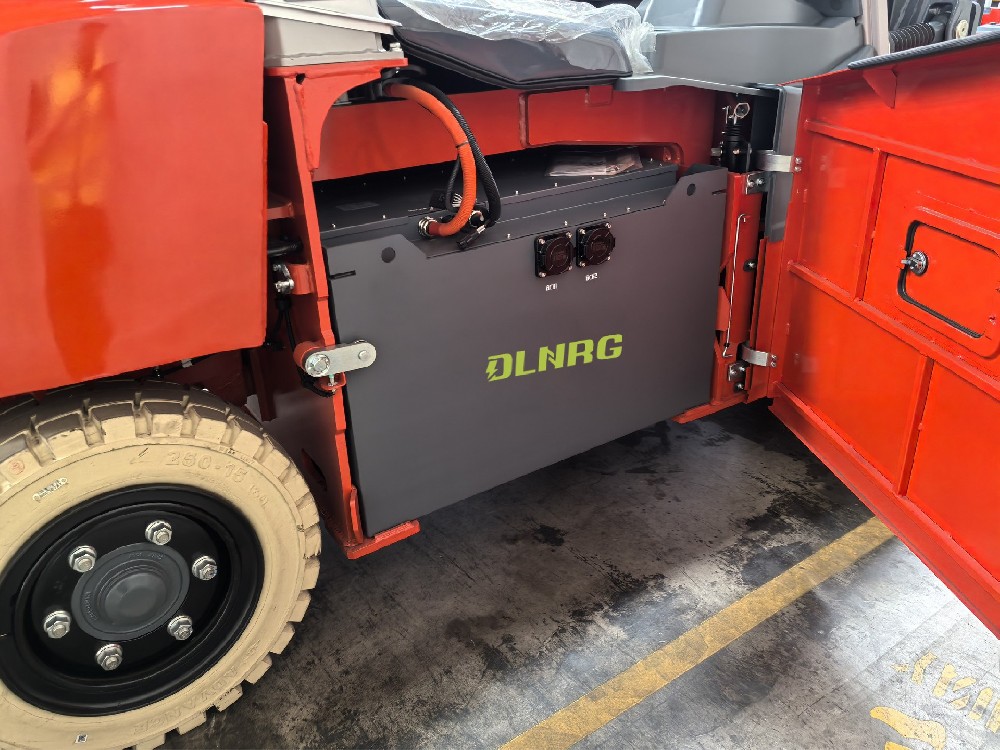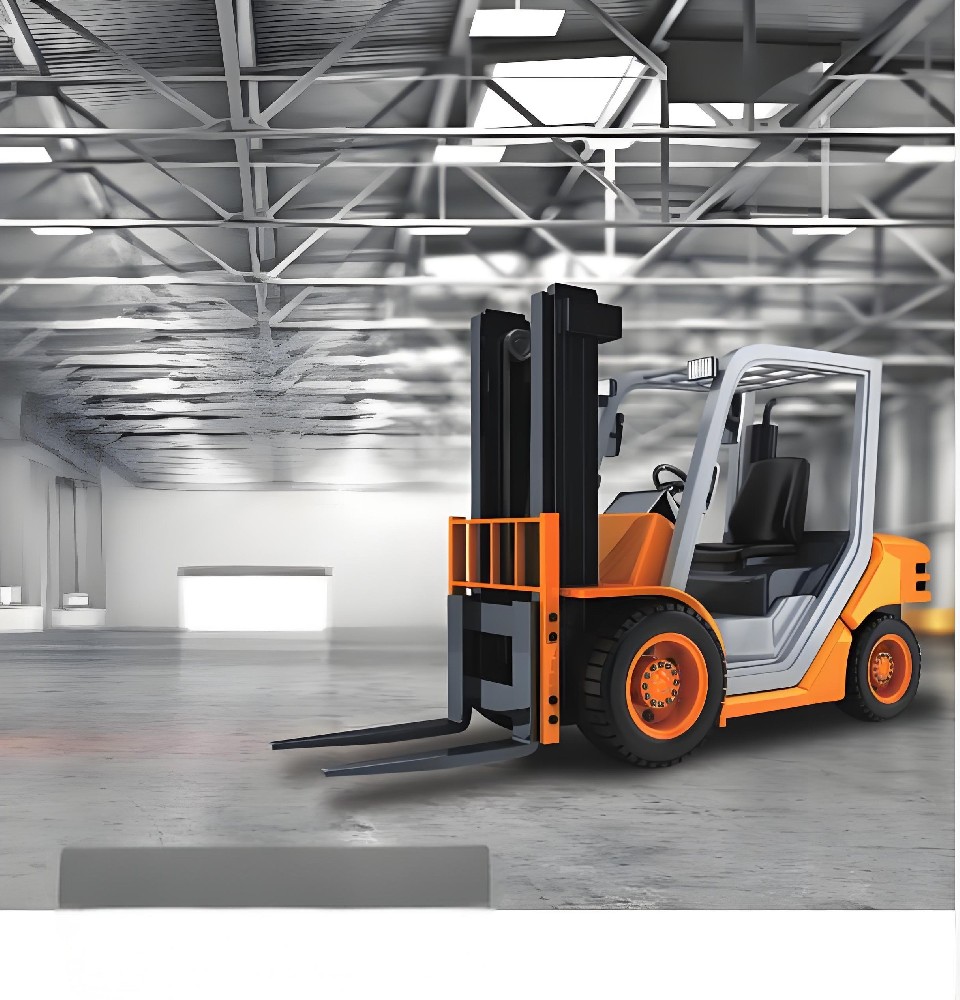As an important tool in the field of modern warehousing and logistics, electric forklifts have achieved remarkable results in technological innovation in recent years and have shown impressive future trends. The following is a detailed analysis of electric forklift technology innovation and future trends:
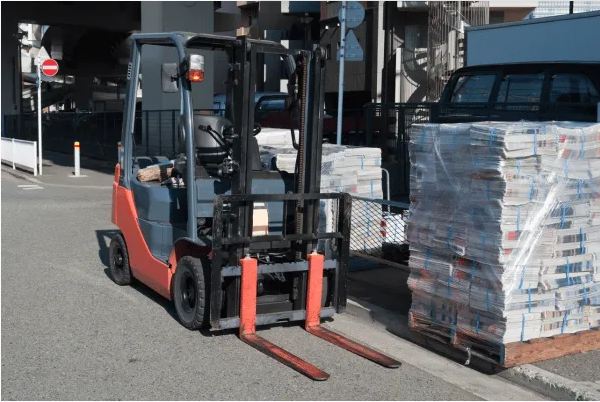
1. Technological innovation
Battery technology innovation
High-efficiency batteries: The use of advanced battery technology, such as lithium-ion batteries, improves energy utilization efficiency and reduces energy consumption. These batteries not only have higher energy density, but also have longer service life and faster charging speed.
Deep optimization: Some companies have achieved deep optimization of the battery system of electric forklifts, using new battery materials and advanced battery management technology, which greatly improves the discharge capacity and charging efficiency of batteries at low temperatures.
Lightweight and compact design
Lightweight materials: Use lightweight materials (such as aluminum alloys, etc.) to reduce the weight of forklifts and improve load efficiency and maneuverability.
Compact body: For narrow space operations, a more compact body and flexible steering system are designed, allowing electric forklifts to operate efficiently in limited spaces.
Intelligence and Automation
Intelligent control system: The integration of advanced intelligent control systems, such as automatic navigation, cargo identification, and intelligent diagnosis, improves the automation and operating efficiency of forklifts.
Unmanned driving technology: By carrying sensors, cameras and other equipment, some high-end electric forklifts have achieved unmanned driving, and can autonomously navigate, avoid obstacles and complete operations in the warehouse.
Enhanced safety performance
Multiple safety features: The design includes multiple safety features, such as anti-collision system, emergency braking, safety monitoring devices, etc., to ensure the safety of operators.
Stability control system: The use of advanced stability control systems, such as anti-rollover and anti-skid technologies, improves the stability and safety of forklifts in complex environments.
Environmental protection and sustainability
Low noise and zero emissions: The use of low noise and zero emission technologies meets environmental protection requirements and reduces pollution to the environment.
Full life cycle management: Consider the entire life cycle of the forklift, from design to recycling, to reduce the impact on the environment. Some companies have begun to implement recycling plans for electric forklifts to achieve resource reuse.
2. Future Trends
Electrification trend strengthens
With the enhancement of environmental awareness and the implementation of energy-saving and emission reduction policies, electric forklifts will gradually replace internal combustion forklifts and become the mainstream of the market. It is expected that in the next few years, the sales volume of electric forklifts in China will continue to grow, and the market share will further increase.
Intelligent level improvement
With the rapid development of technologies such as the Internet of Things, big data, and artificial intelligence, electric forklifts will develop in a more intelligent direction. Intelligent forklifts will have more intelligent functions, such as precise positioning, automatic navigation, and intelligent scheduling, etc., to improve the efficiency and safety of logistics operations.
Product diversification and customization
In order to meet the needs of different fields and scenarios, electric forklift products will be more diversified and customized. Enterprises will pay more attention to customer needs and provide personalized solutions. For example, for the cold chain logistics field, forklifts with insulation and refrigeration functions are launched; for the warehousing and logistics field, forklifts with high-level stacking and automatic handling functions are launched.
Cooperative development of the industrial chain
In the future, with the continuous development of the industry, upstream and downstream enterprises in the industrial chain will cooperate more closely to achieve coordinated development. This will help promote the sustained and healthy development of the electric forklift industry and improve the competitiveness of the entire industry.
In summary, electric forklifts have achieved remarkable results in technological innovation and have shown an impressive future trend. With the continuous advancement of technology and the continuous development of the market, electric forklifts will play a more important role in the field of warehousing and logistics.
